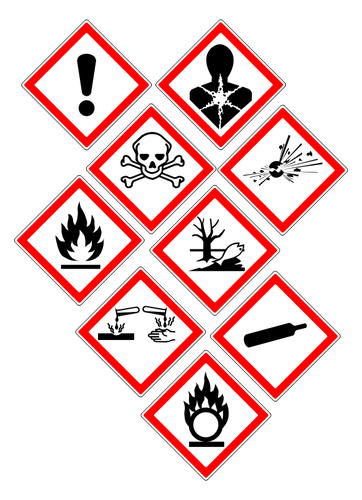The Torah is filled with stories of valiant personalities, who took risks, who conquered insurmountable odds, who had faith, who persevered, and with God’s help, succeeded in their journey, in their mission, in their calling.
At the beginning of the Book of Exodus, God reveals Himself to Moses at the famous scene of the burning bush. While initially resistant, Moses eventually accepts the task of liberating the people of Israel from the bondage of Egypt. After the encounter, Moses asks permission from his father-in-law, Jethro, to go to Egypt. Jethro gives him permission with the elegant blessing: “Go in peace.”
However, immediately after Jethro’s blessing, in Exodus 4:19, God again speaks to Moses and says: “Go back to Egypt, for all the men who sought to kill you are dead.”
The Meshech Chochma draws a perhaps counter-intuitive lesson from God’s command. He understands from the verse, that if the men who sought to kill Moses were still alive, Moses would have no obligation to risk his life by going to Egypt to free the Jewish people, even though the entire nation depended on him.
He learns a similar lesson, though one that might not have been apparent from a simple reading of the Talmud. The Talmud states that an inadvertent killer is exiled to a city of refuge and is prohibited from leaving the city for as long as the High Priest, the Kohen Gadol, is still alive. It then gives an example, that even if one of the greatest generals of our history, Yoav son of Tzeruya was sentenced to exile to a city of refuge and all of Israel needed him, he would not be permitted to leave. At first glance, we would reasonably assume that he can’t leave because that is part of his sentence and no pardon is available, even for extenuating circumstances. But the Meshech Chochma understands that the deeper meaning would be because by leaving the city of refuge, he would be putting himself into a high level of danger, as the “blood redeemer,” the relative of the inadvertent killer’s victim, has the right to kill him outside the city.
So too, Moses, when confronted with a very real and present danger to his life, was absolved from having to save Israel. The Meshech Chochma learns that one is not obligated to put themselves in likely mortal danger in order to save others. However, when the risks are not so clear cut and the danger is not so imminent, it’s a different story.
May we avoid dangers, both imminent and distant, and may we be safe and secure wherever we are.
Shabbat Shalom
Dedicated to my son Elchanan Spitz, and his friends, who have completed their army service. Thank you for your service!
‘);
_avp.push({ tagid: article_top_ad_tagid, alias: ‘/’, type: ‘banner’, zid: ThisAdID, pid: 16, onscroll: 10 });




